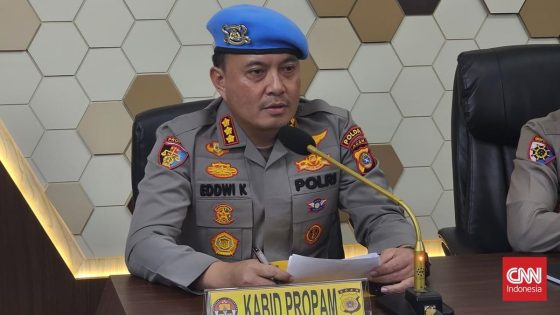Inayah Wahid, the youngest daughter of former Indonesian President Abdurrahman Wahid, recently stirred up social media by seemingly criticizing Vice President Gibran Rakabuming Raka for his reading habits. This incident, which occurred on February 3, 2025, highlights the ongoing conversation about education and leadership in Indonesia.
- Inayah Wahid's criticism of Gibran Rakabuming
- Stand-up comedy as Inayah's platform
- Focus on human rights and social issues
- Inayah's educational background at UI
- Previous critique of Kaesang Pangarep's privilege
- Inayah's involvement with Nahdlatul Ulama
Could Inayah’s remarks reflect deeper issues in Indonesian politics? Her comments have sparked curiosity and debate among netizens.
Inayah Wahid’s Bold Remarks on Reading and Leadership
Why does reading matter in leadership? Inayah Wahid emphasized the importance of reading in a recent video, suggesting that a lack of reading leads to poor leadership. Her comments were perceived as a jab at Gibran Rakabuming, who previously admitted to not enjoying reading.
Understanding Inayah Wahid’s Background and Activism
Inayah Wahid is not just known for her family lineage; she is an active social advocate and artist. Born on December 31, 1982, she has dedicated her life to human rights and social issues, often using her platform to raise awareness.
- Studied at the University of Indonesia, focusing on human rights.
- Active in organizations like Positive Movement and Gusdurian.
- Known for her stand-up comedy, where she often critiques social issues.
- Previously criticized privilege in Indonesian politics.
Inayah’s Influence in Indonesian Society
Inayah Wahid’s influence extends beyond her family name. She engages with various social movements and uses humor to address serious topics. Her ability to connect with the youth through comedy makes her a significant figure in contemporary Indonesian discourse.
The Importance of Reading in Leadership Roles
Reading is often seen as a cornerstone of effective leadership. Inayah’s remarks serve as a reminder of the responsibility leaders have to educate themselves. In a world where information is readily available, the ability to read and comprehend is vital for making informed decisions.
Inayah Wahid’s comments have sparked a necessary conversation about the role of education in leadership. As Indonesia continues to evolve, the expectations for its leaders must also change. Will this dialogue lead to a greater emphasis on education in Indonesian politics?

































